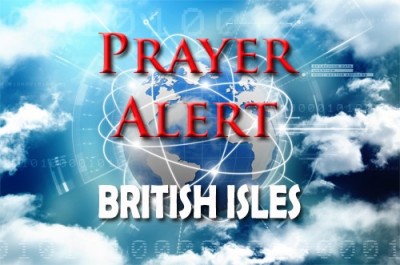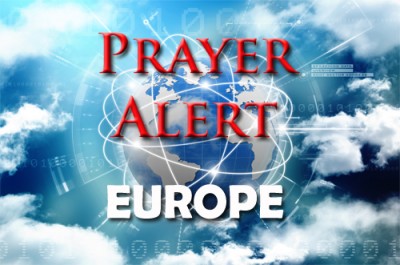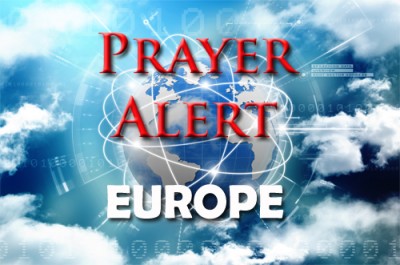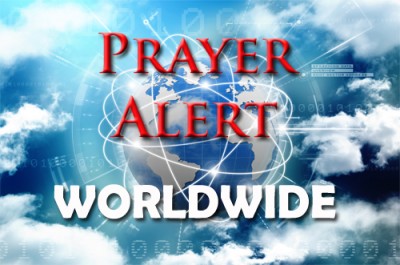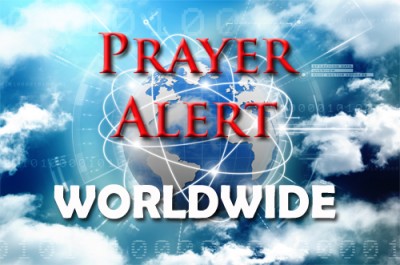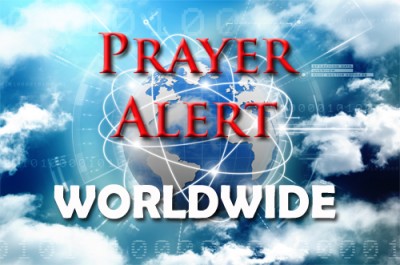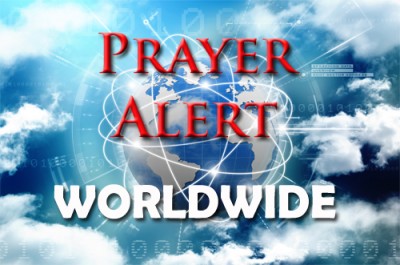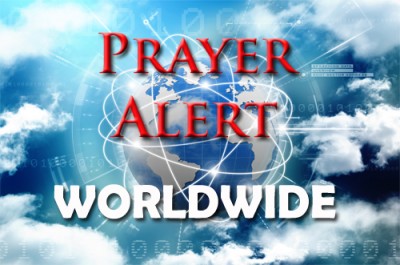Investigative journalists who explored Russian influence on US politics say Britain’s political system is also compromised, stating that it is time our institutions and media woke up to that fact. In 2016 the UK and US were targets of Russian efforts to swing votes to weaken the alliances that had constrained Putin’s ambitions for the EU and Nato. Many believe Conservative-leaning media in the UK and US see little mileage in exposing meddling that helped their own side. The Mueller report found that Russia engaged in a sweeping and systematic campaign to elect Trump. Britain’s official response to meddling accusations was largely denial. Consumed by bitter Brexit divisions and public spending, it took longer than it should have for parliament to conduct an investigation of Russian penetration of British politics. Their findings are suppressed until after the election. Meanwhile UK media has started to look into these issues, shedding light on the actions of Russian-backed groups.
Greece: ‘Two different hells’
12 Dec 2019Arash Hampay arrived in Greece in 2016, escaping persecution in Iran and crossing the Aegean Sea from the Turkish coast. After spending 18 months on the island of Lesbos, he now lives in Athens, where he works with homeless asylum-seekers. ‘It is two different hells’, Hampay, now a registered refugee and activist, said, referring to the struggles people face in both places. Greece promised to move 20,000 asylum seekers from overcrowded island reception centres to the mainland by early 2020, following a surge in refugee arrivals this summer. Since October 9,500 asylum-seekers have been moved, sparking anti-refugee protests in affected areas. Meanwhile, some 17,500 people have arrived from Turkey, and overcrowding is now worse on the islands, where 38,800 asylum seekers now reside.
France: Russia / Ukraine peace talks
12 Dec 201913,000 people have died since fighting began between pro-Russian separatists and Ukrainian soldiers in 2014. On 10 December 2019 Russia and Ukraine made progress towards restoring peace in eastern Ukraine, at a Paris summit mediated by Germany and France. A joint communique stated, ‘The sides commit to a full and comprehensive implementation of a cease-fire, strengthened by the implementation of all necessary support measures, before the end of the year 2019’. A prisoner exchange was also agreed. Angela Merkel said the meeting gave renewed momentum to reviving a 2015 Minsk peace agreement that had stalled. Please pray that nothing will prevent the withdrawal of heavy weapons, the restoration of Kyiv's control over its borders, and wider autonomy plus local elections for the separatist regions. The last time the four national leaders gathered in this format was in 2016.
Iraq: Christmas celebrations cancelled
12 Dec 2019Since the protest movement began in October, 400+ have died, twelve of them security personnel. Over 17,000 people have been injured. ‘The situation is a disaster, with weapons in every corner’, said the Chaldean archbishop of Basra. ‘As a church, we are close to young people in the streets, providing them with food and shelter.’ But violence has forced his diocese to suspend all such pastoral activities. The Chaldean church called for three days of prayer and fasting, and out of respect for the dead and in solidarity with all the injured, Patriarch Louis Raphael Sako cancelled all public and church-based celebrations of Christmas. As the Church in Iraq trades tree decorations and holiday receptions for prayers of intercession, let us pray for the current government’s corrupt structure to end and for the protesters to achieve the dissolution of parliament and widespread reforms. May hope and prosperity enter Iraq in 2020, and may Iranian ballistic missiles and US troops and defence systems leave. See
India: intolerance increasing
12 Dec 2019Across India, there is a rising intolerance towards missionaries, pastors and priests. Violence against Christians has resulted in loss of lives, livelihoods and property. Rights-based organisations have documented over 250 incidents of violence and hate crimes against Christians between January and November. Open Doors states, ‘India continues its violence against Christians; Hindu radicals believe they can attack Christians with no consequences. The view of the nationalists is that to be Indian is to be Hindu, so Christianity is “non-Indian”. Additionally, in some regions of the country, converts to Christianity from Hinduism experience extreme persecution, discrimination and violence. Pray for Christian converts from Hinduism who are pressured forcefully to return to their national religion. Pray for Christians in India to know God’s provision and protection as they preach the gospel in places with anti-conversion laws.’ See also
Hong Kong: stalemate
12 Dec 2019On 24 November we praised the district election results which swept aside pro-establishment candidates and installed democratic majorities in 17 out of 18 districts, a stunning reversal attributed to the months of protests and voters’ deep dissatisfaction with the government. But now, three weeks later, prayer is still needed for a commission of inquiry into allegations of police brutality. Chief executive Carrie Lam is in no haste to satisfy any of the demands, which she has repeatedly dismissed as unrealistic. Several opinion polls indicate that most Hong Kong citizens support an independent inquiry, but she insists on leaving all questions about police conduct during the protests to an independent police complaints council. Beijing is in no rush to fix the problem, stating that Hong Kong will always be a part of China, and urges them to be more like their Macau counterparts in making the ‘one country, two systems’ principle work. Commentators warn of an even bigger political crisis if deep-rooted grievances are not addressed.
North Cameroon: rampages by militants
12 Dec 2019Adults were murdered, children were kidnapped, and people robbed in Boko Haram attacks on mainly-Christian villages in the far north of Cameroon. The army has difficulty combatting militants in an area dotted with small, isolated villages linked by poor roads where militants strike and then escape via main roads back to Nigeria. On 1 December gunmen attacked mourners at a funeral in Kotserehé, killing four and wounding three. The following night, they murdered three and wounded another when they swarmed into Zangola, stealing food and clothing; they similarly looted Yagoua. In Mbreche, militants kidnapped 21 young people aged between 12 and 21; next they attacked Tahert, stealing a motorbike and wounding a girl. Those abducted will be forced to become Boko Haram ‘soldiers’ and fight for the extremists. In November a Christian boy was hacked to death for resisting militants’ attempt to abduct him as a ‘soldier’.
New Zealand: White Island volcano eruption
12 Dec 2019At White Island, a privately-owned tourist destination, a volcano violently erupted on 9 December. A live feed showed several visitors inside the crater before the stream went dark. 47 tourists were there when it erupted: currently eight are dead, and eight more are missing. It is possible that not all the 31 patients in hospital will survive; 27 have at least 30% of their bodies burnt, and many have inhalation burns. Questions are being asked about why tourists were allowed to approach New Zealand's most active volcano three weeks after seismologists raised its alert level. Pray that the current police investigation receives honest answers to these and other questions arising.
